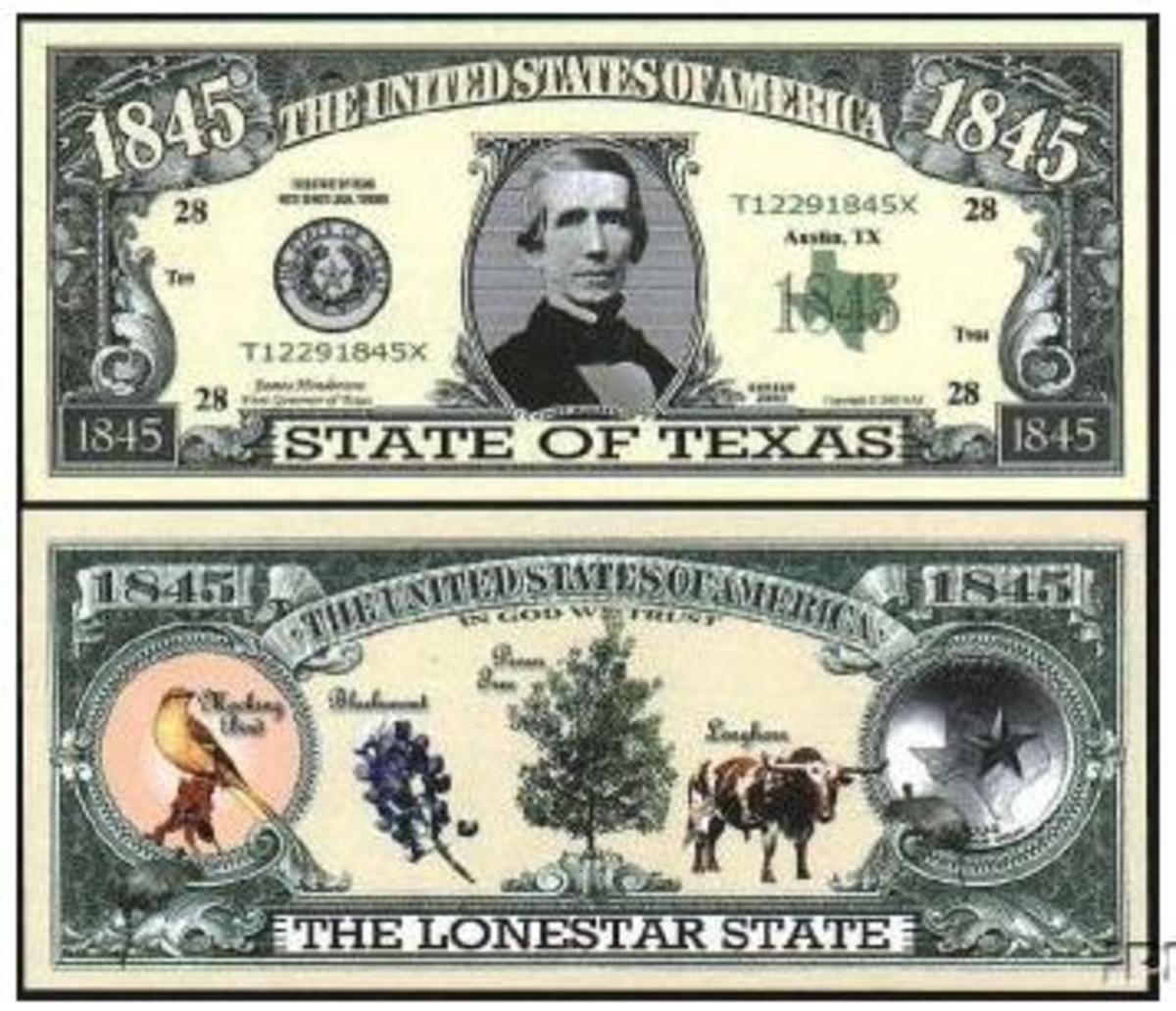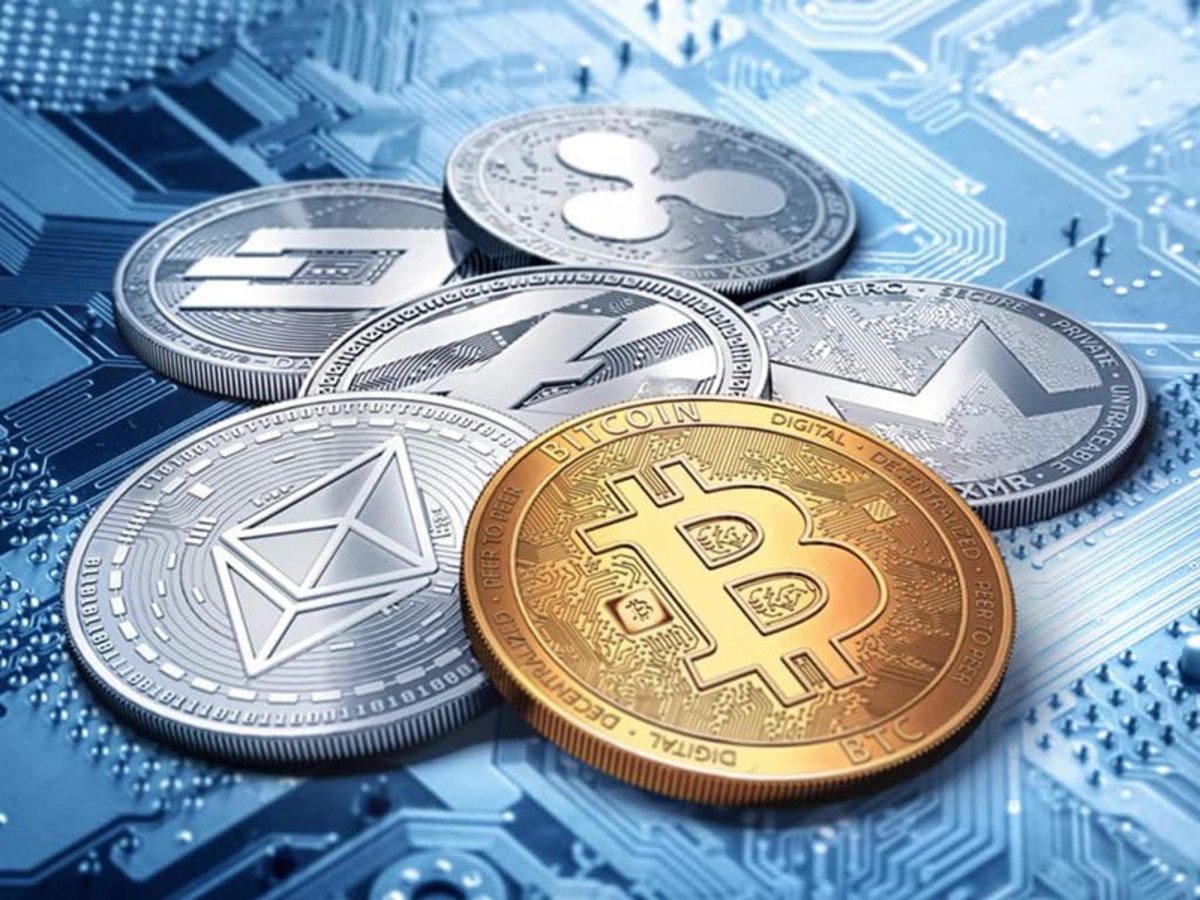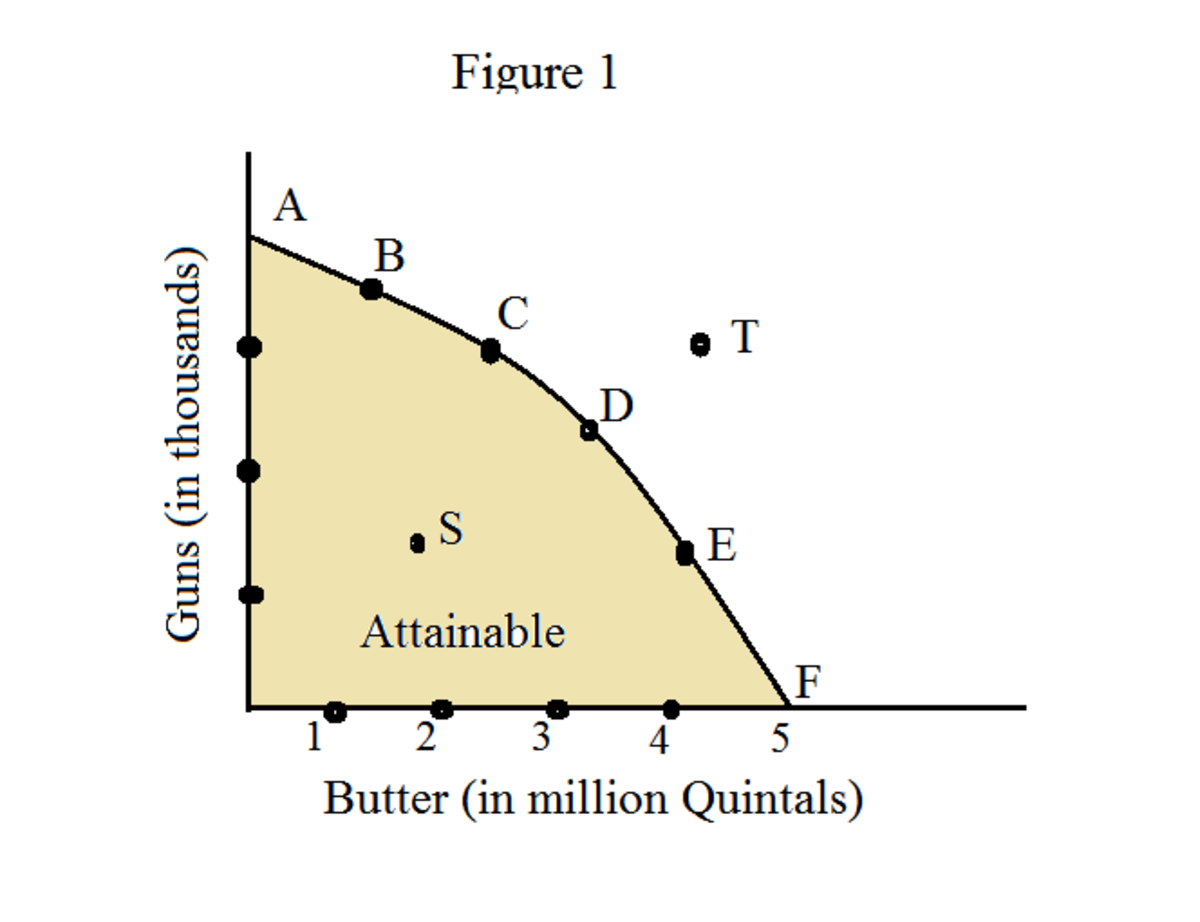How Bitcoin Changing the Global Economy?
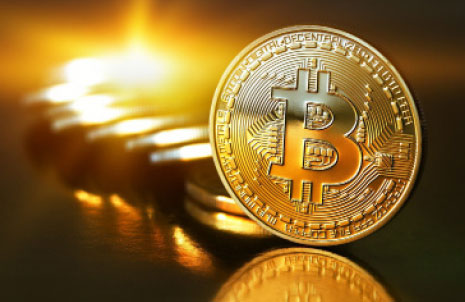
In 2007, Satoshi Nakamoto began work on the issuance of a decentralized digital currency that can be easily exchanged between individuals and exchange disinformation, without any authority or intermediary between them, the novel says. The idea was to take power out of the hands of central bank managers and governments who usually control the flow of currency.
Nakamoto wanted to introduce a new form of money created and controlled through encryption, thereby violating the authority of central banks. In 2008, Nakamoto published a research paper in an encrypted e-mail explaining the electronic money system and its business protocol entitled "Bitcoin: Peer-to-Peer Electronic Cash System", to be released in 2009 the first version of Bitcoin. Shortly after the currency was launched, Satoshi Nakamoto disappeared from the scene in 2010 without anyone knowing his identity, handing over his tasks to a group of bitcoin activists, some say, "Nakamoto" is a pseudonym for a group of people. So what is Bitcoin?
Bitcoin is the most popular online payment network and electronic currency, which can actually be compared and exchanged in other currencies such as the dollar and the euro, with every bitcoin worth about $1,250 (as of April 24). But in practice, there is absolutely no physical presence of this currency, as it is only traded online. Bitcoin has the ability to pay and buy directly between people without having to go through the bank, as well as being "the first electronic currency behind which there is no central body", and cannot be traced due to the lack of a serial number such as traditional currencies. Bitcoin's website offers 3 key features of this currency: instant peer-to-peer transactions, global payments and little or no processing fees.
Bitcoin uses peer-to-peer technology, a data exchange between two personal devices on the Internet, with the aim of operating without central authorities, banks, transaction management and online bitcoin issuance. Bitcoin "is an open source and its design is open to the public, as no one owns or manages the Bitcoin network and anyone can participate in it". In practice, Bitcoin is a value code that is created and stored in a user's Bitcoin wallet through which payments and transfers are made. But are you using this coin?
In fact, the global bitcoin market reached $19 billion earlier this year, which was an important step for the electronic currency used today by many companies such as Tesla, Namecheap, WordPress, Reddit, Microsoft and others, and entered the Arab world through a number of Companies that created bitcoin wallets.
Bitcoin explains that this currency is valuable because it is useful as a form of money, depending on the mathematical characteristics of funds such as: resilience, carry-ability, reciprocity, scarcity, divisibility and ease of dealing with it, rather than relying on physical characteristics such as gold or trust in the entity exported. Therefore, what gives them value is their adoption and trust in them by people.
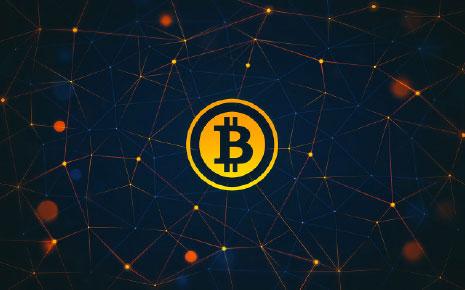
Bitcoin Foundation and Its Control
In The Moneystop, the Bitcoin Foundation, the founders say that "every human being has financial rights that should not be hindered by governments, regulators, financial institutions or other human beings, such as the right to privacy in transactions that do not harm others; Anywhere in the world, the right to economic participation with or without a bank account and with or without a credit history". It defines itself as "a technology project and a community project unlike any other country, as technology is completely decentralized, and the founders do not head an organization that develops a strategy and standards". The institution considers that the centrality of funds leads to corruption and exploitation, and that no institution has the right to prevent and prohibit the movement of anyone's money. If this is the case, who controls the Bitcoin network?
"No one owns the Bitcoin network completely, nor does anyone have the technology to drive e-mail," the website says. Bitcoin is controlled by all Bitcoin users from all over the world. While developers are improving the software, they can't force a change in bitcoin protocol because all users are free to choose which software and version they can use". This leads to the bitcoin production process that is obtained by the users themselves, called "Mining Exploration", you get by downloading the application to the computer to produce new currencies slowly, and additional currencies can be obtained by processing transactions and securing the network. But bitcoin's system is mathematically limited to issuing only 21 million bitcoins, and that can never change. Because they do not resemble the usual criticism, they cannot be easily amplified, randomized, manipulated, falsified or even frozen. Thus, when creating new coins for the user, they are distributed according to a specific equation to maintain the specified number of issues.
To see bitcoins more:
This content is accurate and true to the best of the author’s knowledge and is not meant to substitute for formal and individualized advice from a qualified professional.
© 2020 Hafiz Muhammad Adnan

